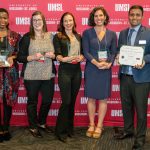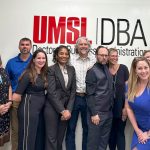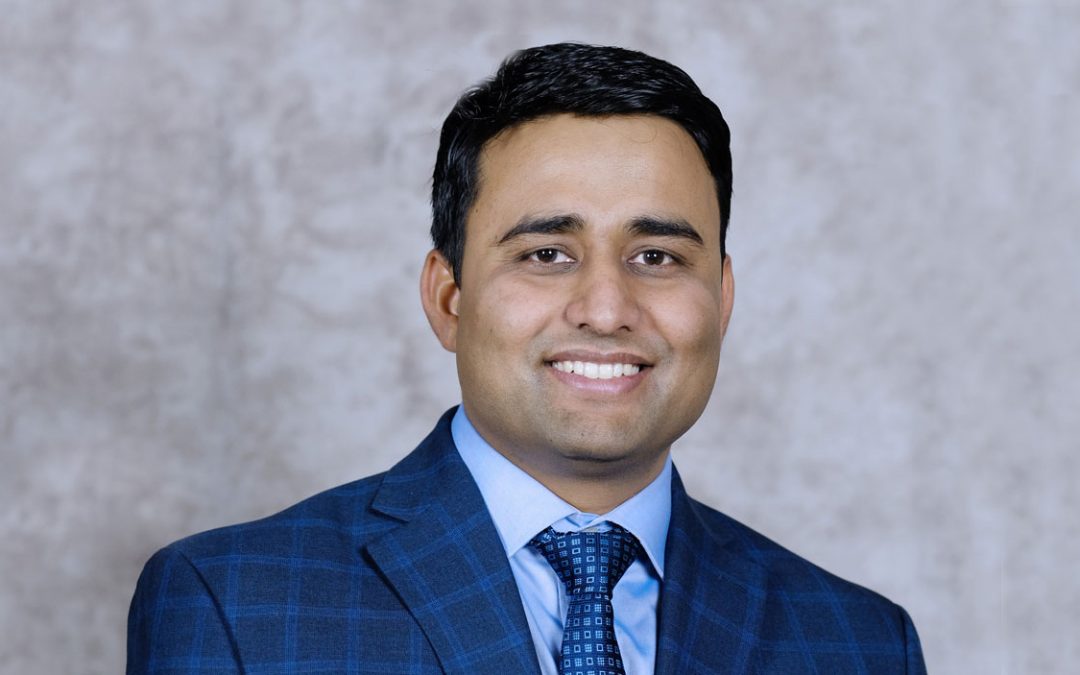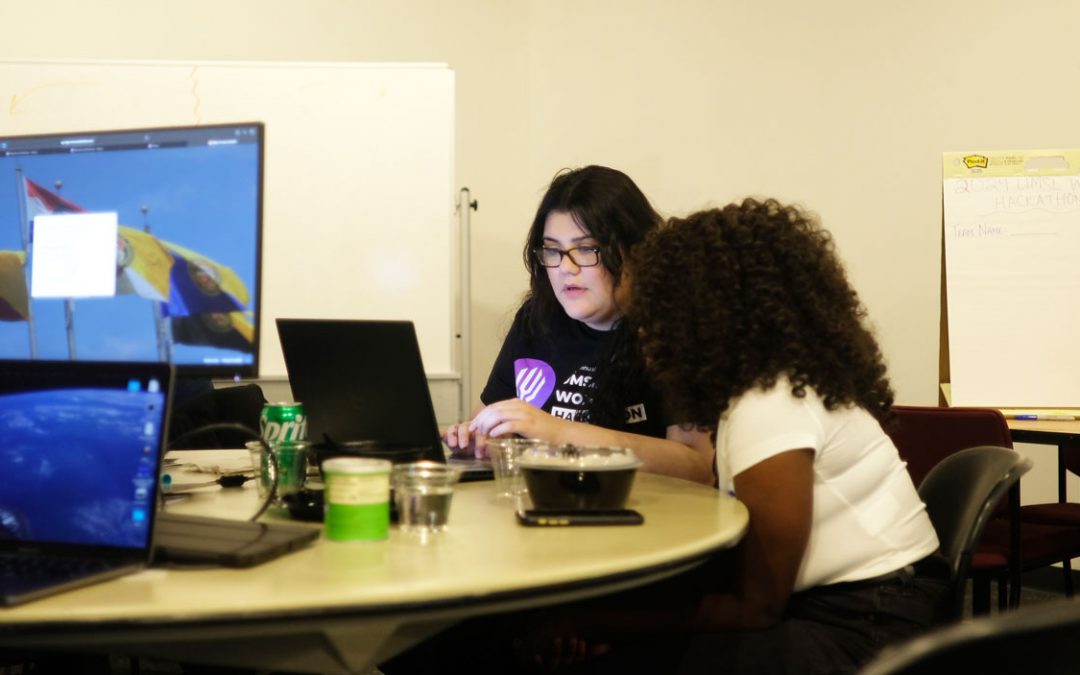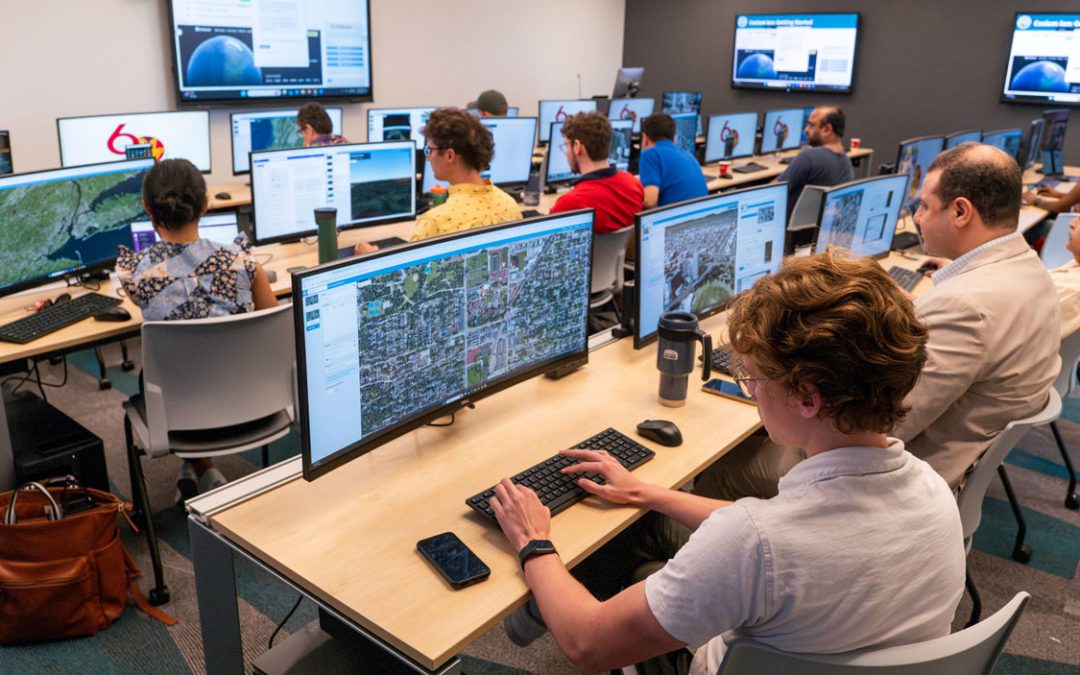WRITTEN BY ABBY SCHULTE
Driving is often seen as a key to independence, and most people want to hold onto that privilege as long as possible — especially in a society so dependent on cars.
However, as a person ages, there’s a greater chance that changes in vision, cognition, reaction time, motor control and functional health can make driving unsafe. With a growing aging population in America, more and more people will need to transition from the driver role to that of passenger, which can be scary for someone who has been driving for a lifetime.
Tom Meuser, director of the Gerontology Graduate Program at the University of Missouri–St. Louis, is working to help individuals and their family members make this transition successfully.
“I want to facilitate a healthy transition to non-driving for older adults who need to do so for reasons of functional compromise,” Meuser says.
A clinical psychologist and applied gerontologist, Meuser has received a number of grants while at UMSL supporting his work in this area including awards from the University of Missouri Research Board and from the Missouri Department of Transportation.
With $30,000 award from the Research Board for his project entitled “Validation of a Clinical Tool in an Enriched Sample,” he and his co-investigator, Marla Berg-Weger, professor of social work at Saint Louis University, studied the predictive validity of the Assessment of Readiness for Mobility Transition in community dwelling older adults.
Meuser and Berg-Weger developed the ARMT, a tool for mobility transition counseling, in 2011. This assessment tool measures attitudes about the aging process and changes in mobility status so as to identify persons who might struggle if suddenly needing to transition away from driving.
To test the predictive validity of the ARMT, Meuser collaborated with ITNAmerica, a membership-based, nonprofit transportation service with affiliates in more than 20 cities. ITNAmerica recruited adults over 60 years of age to complete the scale twice, six months apart. The ARMT, which has received national attention, was demonstrated to have good test-retest reliability, and the predictive data are now being analyzed. If the scale predicts future transportation choices as expected, then its value for mobility counseling will be confirmed.
Meuser is also working to review and revise Missouri’s medical evaluation process for at-risk drivers. A $91,310 award from MoDOT supports this one-year project titled “Physician Input on Cited Older Drivers.”
This new effort revisits work Meuser conducted when new at UMSL in 2007. At that time, he and a team of colleagues worked with staff of the Driver License Bureau of the Missouri Department of Revenue to collect data on more than 4,000 older drivers reported as unfit and subsequently evaluated. The medical form in place then was found to have some serious weaknesses. Meuser and his team helped implement the new Form 1528 in 2009, which provides greater guidance for the physician to evaluate fitness to drive and relevant information for licensing decisions.
“Since 2009, over 2,000 older adults have been evaluated with 1528,” Meuser says, “and I can’t wait to see the impact of this new approach on safety indicators.”
Because the form addresses dementia and cognitive impairment, which often can be hard to self-identify or see in those close to you, better decisions can be made about a person’s ability to drive safely than was previously possible.
The MoDOT grant will allow Meuser to collect data from more than 2,000 older individuals who were evaluated by a physician using the Form 1528 and link it with historical crash data for those individuals, including crash patterns and police citations, going back a decade. The resulting linked data is unique to the field of older-driver-safety research.
“Obtaining detailed medical data on large numbers of older drivers is challenging in itself,” Meuser says. “The ability to link to crash and citation data back two decades really makes this project valuable. For sure, we will learn information that is additive to the field of older-driver safety.”
Abby Schulte is an executive staff assistant in the Office of Research Administration at UMSL.




